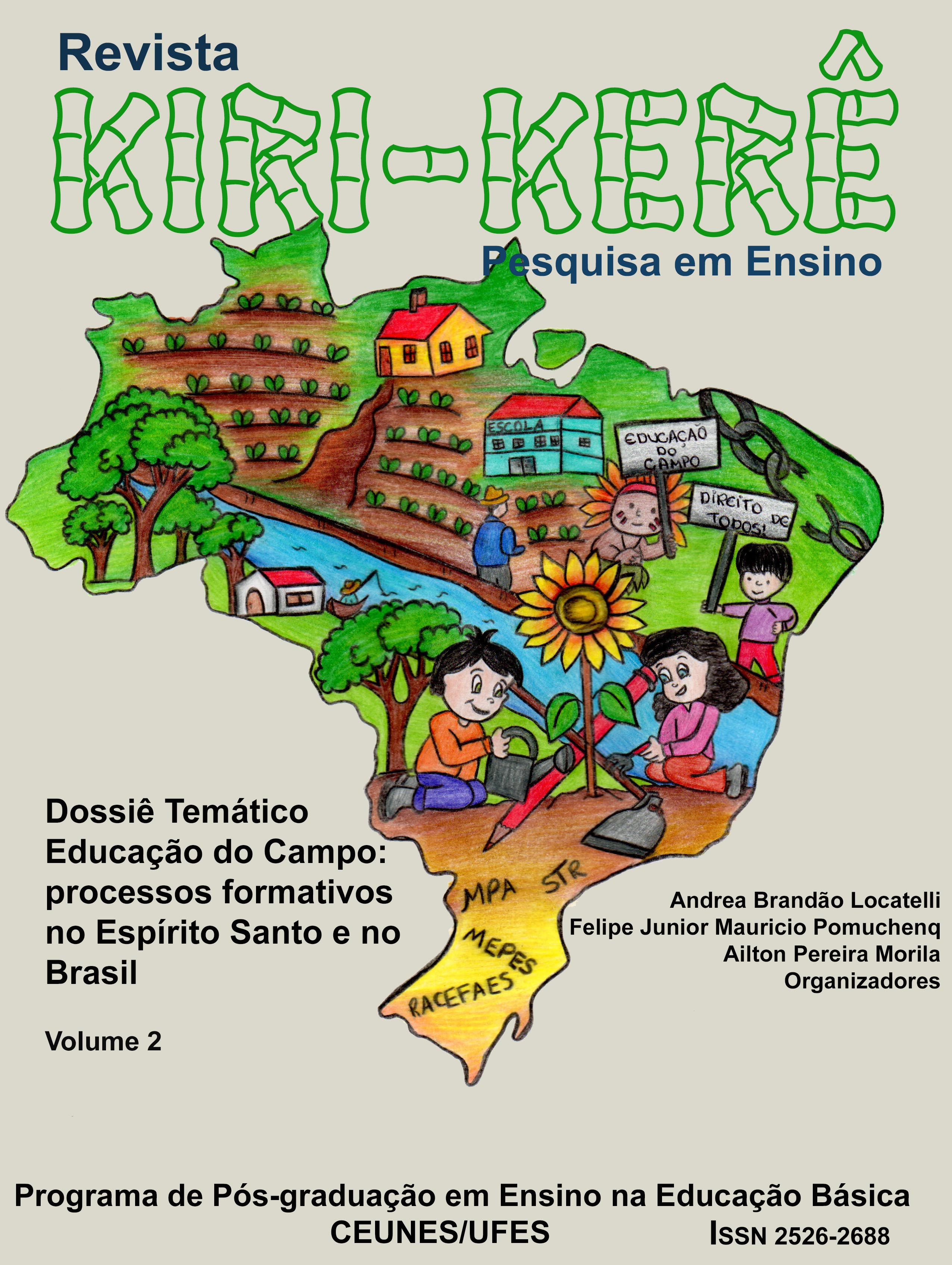Written production in the field education: experiences, challenges and possibilities
DOI:
https://doi.org/10.47456/krkr.v2i4.32040Abstract
This article presents the investigation of school practices of written production in a class of the final years of Elementary Education of a peasant school in the city of Domingos Martins, State of Espírito Santo, Brazil. From the questioning of how are school practices of written production in a rural school, and in dialogue with the theoretical studies of Freire (2013) and Arroyo (2007), we explain the situations of oppression in Rural Education; Bakhtin (2010, 2013) and Geraldi (2013) conduct the analysis of school practices of written production; fe Candau (2012) founded the reflections about interculturality, necessary when thinking about an education that considers the cultural, historical and social diversity of the people. Research based on the qualitative approach, as stated by Ludke and André (2006). The Case Study favored our participation in the school environment, for recording and analyzing school practices focused on written language. The results of the research demonstrate that the school in the countryside has provided differentiated school practices, linked to the reality of the students. However, productions have given priority to pragmatic and referential texts, to the detriment of literary texts. The continuing education of educators has contributed to the reflection and change in school practices of written production.
Downloads
Downloads
Published
Issue
Section
License
The authors accept, when sending their works, the assignment of their copyrights.


